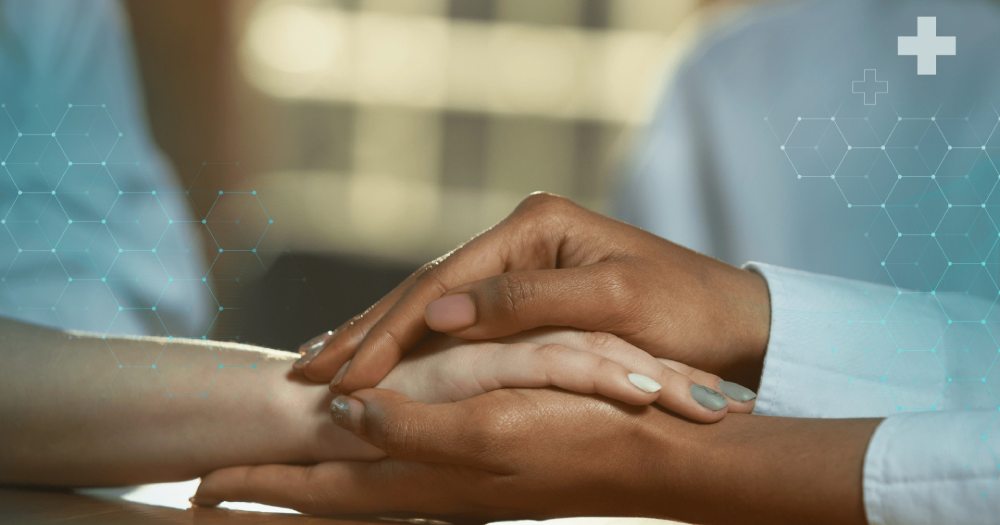New partnership launches to combat opioid relapse with wearables

In a much-needed move, a mix of scientists, tech wizards, and health professionals are joining forces to fight one of America's most heart-wrenching public health crises: opioid use disorder. The Digital Medicine Society (DiMe), along with a high-powered cast including Google Fitbit, ŌURA, Duke University, and several other research and care institutions, is launching a project that taps into wearable tech to help folks stay on the wagon and out of harm's way.
"We're working to build a tool that can meaningfully change the arc of OUD relapse and save thousands of lives," said Candice Taguibo of DiMe. And from the sound of it, they mean business.
How will it work?
Here's the scoop:
- Wearables like smart rings and fitness trackers gather real-time data on the body — heart rate, sleep patterns, activity levels, stress signals, and the like.
- Smartphones add another layer by tracking mental health signs like anxiety, depression, and social isolation.
- All this data is run through large language models and AI algorithms to spot warning signs of relapse before it happens.
The team is crafting a system to flag these subtle red flags in daily life — something traditional care just doesn't catch. Over the next five months, they'll pilot the system with real patients to fine-tune the tech and make sure it delivers the goods.
As Shyamal Patel from ŌURA put it, "This can empower individuals to take proactive steps in their recovery," adding that it's a way to relieve pressure on overburdened healthcare systems, too.
Why does it matter?
Because the numbers are brutal:
- Around 5.7 million Americans are struggling with opioid use disorder right now.
- Roughly 81,000 die every year from overdose.
- Most of those deaths? Tied to relapse.
Relapse isn't just a slip-up — it can be deadly. And there's currently no standard way for care teams to sense when someone's headed for trouble. This project could flip the script, giving folks and their doctors a heads-up before the spiral begins.
"Complex challenges require innovative collaboration and solutions," Taguibo said — and this one's ticking all the boxes.
The context
This isn't just another tech-for-tech's-sake initiative. It's built on a deep understanding of what people battling OUD actually face:
- mental health struggles
- stigma
- limited access to treatment or technology
- financial hardship
- isolation
By involving everyone from patients to regulators and care providers, the project's grounding itself in real-world needs — not just data points. It's also co-led by Duke's BIG IDEAs Lab and backed by community-centered organizations like Alcohol and Drug Services and the Morse Clinics.
All told, it's a full-circle effort aimed at turning cutting-edge technology into something deeply human: a lifeline.
💡Did you know?
You can take your DHArab experience to the next level with our Premium Membership.👉 Click here to learn more
🛠️Featured tool
 Easy-Peasy
Easy-Peasy
An all-in-one AI tool offering the ability to build no-code AI Bots, create articles & social media posts, convert text into natural speech in 40+ languages, create and edit images, generate videos, and more.
👉 Click here to learn more


